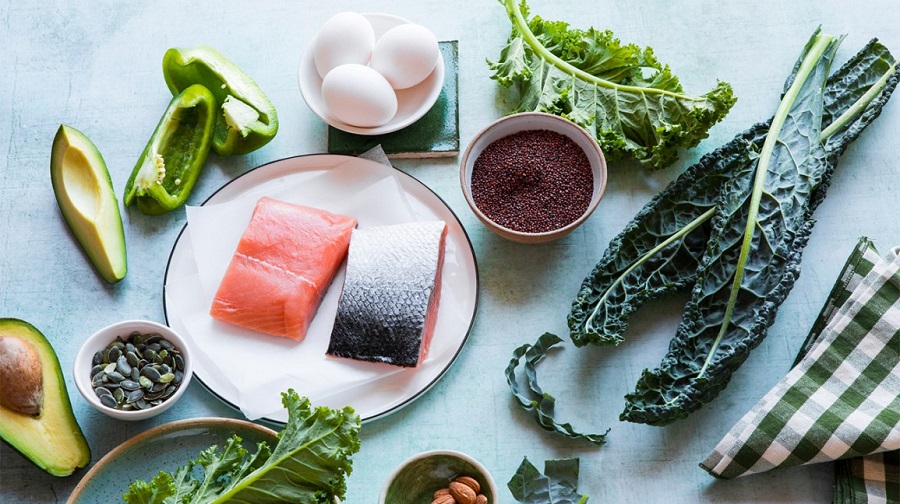Should you follow anti-inflammatory diet

The anti-inflammatory diet is becoming the new trend in eating styles. When you heard of it for the first time, you may link it to the redness, swellness, or pain on parts of your body. However, that inflammation is totally different from the one mentioned in the anti-inflammatory diet.
The inflammation mentioned in the anti-inflammatory diet refers to chronic inflammation, meaning that the inflammation persists and never completely goes away. According to the experts, chronic inflammation is harmful to the human body as it can result in lots of diseases, including heart disease, cancer, type-2 diabetes, arthritis, Alzheimer’s disease and more.

So this is why so many people are advocating an anti-inflammatory diet. It alone may not lead to a healthy body, but it’s been proved by many researchers that adjusting your diet can significantly lower the inflammation levels and improve the life quality of those who have already had some common health conditions.

What to eat
There aren’t strict rules on what to eat, how much to eat, and when to eat for an anti-inflammatory diet. Overall, the foods that can help reduce inflammation include fruits and veggies, omega-3 fatty acids, nuts, whole grains, healthy oils, and seeds. For your reference, here’s a list of foods to choose from:
- Fruits: like cherries, strawberries, and blackberries
- Vegetables: kale, spinach, and broccoli
- Nuts: like walnuts, almonds
- Beans: like red beans, black beans and lentils
- Lean protein: like chicken breast, fish, seafood, and whole soy foods
- Whole grains
- Sweet potatoes
- Olive, olive oil, avocado and all that contain healthy fats omega-3s
- Green and black tea
- Dark chocolate that contains at least 70% cocoa

What to avoid
Anti-inflammatory diet asks you to avoid sugary food and processed food, such as white bread, chips, cookies etc. High glycemic index (GI) food (like sugar and refined grains) is also prohibited as they will raise your blood sugar in a short period of time.
Another culprit that increases inflammation is food rich in omega-6 fatty acids. It is common in the daily diet, including red meats, diary products, vegetables oils, and peabnuts. To take inflammation under control, people need to consume more foods high in omega-6 fatty acids instead of that high in omega-3 fatty acids.
Tips and advice
There’s no fixed anti-inflammatory diet plan, so you can explore your own one according to your tastes and needs. Just make sure you make healthy choices of foods that contain antioxidant, healthy fats. Replace refined grains with whole grains, and avoid processed food, salt, and sugar.















